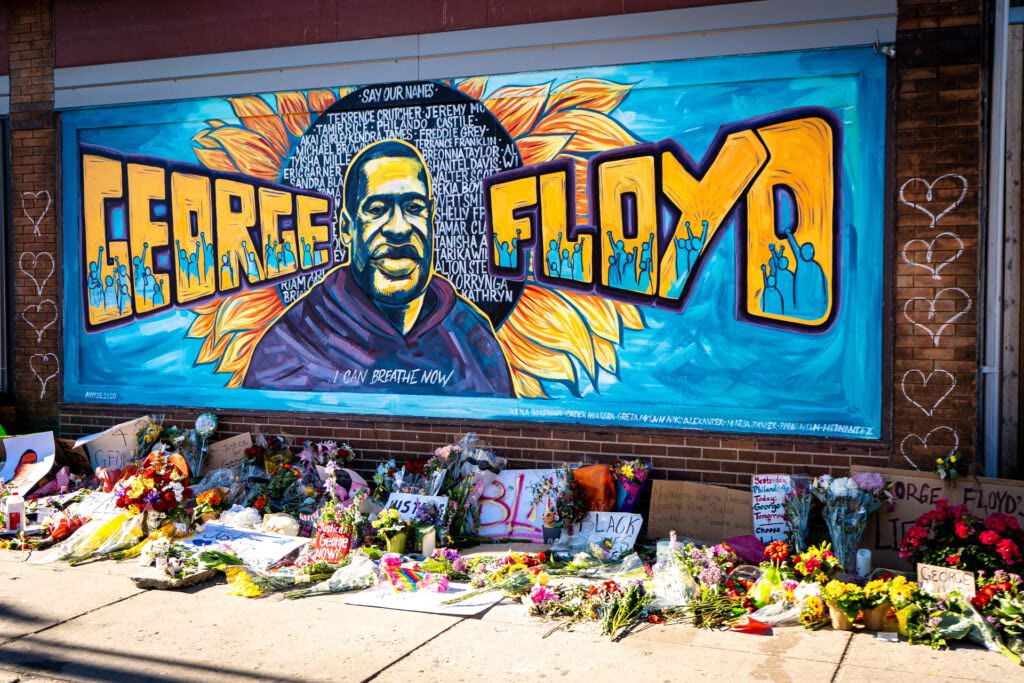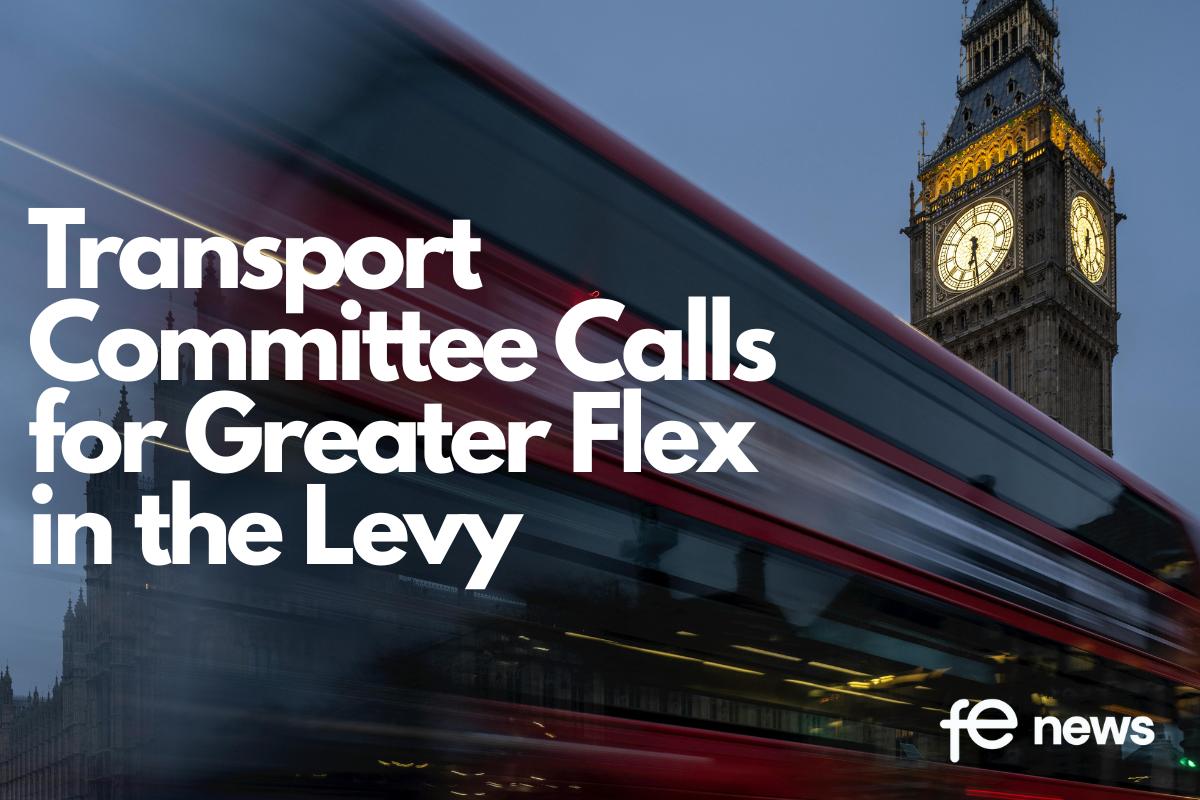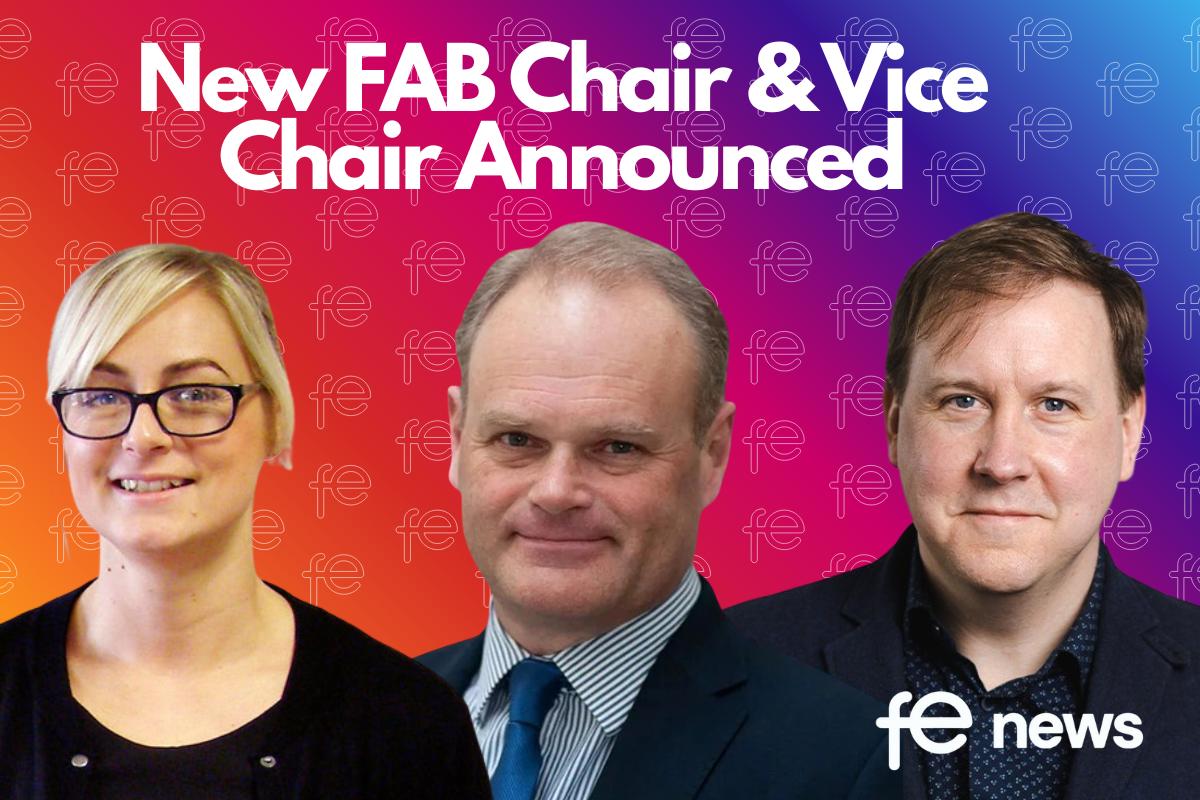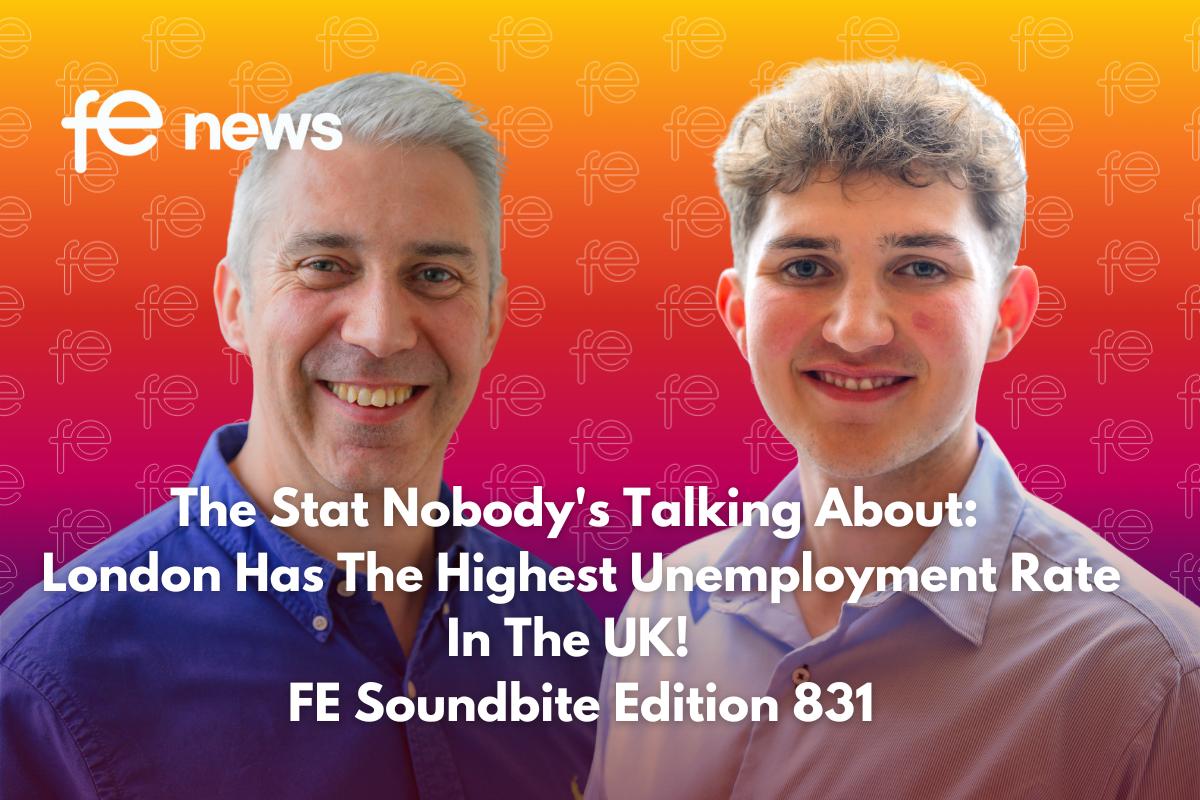Black Lives Mattered?

A year on from the brutal murder of George Floyd, how much do Black Lives REALLY matter?
It’s a year on from the brutal killing of George Floyd – an event that not only shook the world and sent shock waves through cities, towns and villages but inspired an awakening and collective consciousness of what Black Lives Matters really should stand for. That killing triggered a global, collective hurt, pain and anger. The outpouring of support was overwhelming, I would even say phenomenal. Had we had finally come to a point in global history where black voices were finally being heard and represented?
For me, as a black woman, the killing of George Floyd on May 25 2020 was personal. The hurt I felt and still feel runs deep and wide. George Floyd could have been my brother, cousin, uncle or friend.
As a FE educator, it’s both professional and personal. I’ve got two vested interests: being a black woman; being a black woman educator.
I remember thinking at this time last year: I wonder what the world will look like a year from now?
Like many others, I listened, read and watched education institutions, local authorities, private and public providers of education services make countless ‘we stand with you’ statements, pledges and declarations. Many of our Further Education establishments stood tall in that line up too. A commitment to develop initiatives that support communities, the communities they serve.
A commitment to develop more inclusive and equitable curriculum that tells the real stories of the communities they serve. A willingness to explore, address and fairly assess current custom and practice. A commitment to implement changes to an age old narrative that for the most part ignored and diminished black lives – narrative that is present in the history we teach in our schools and colleges today. A narrative that for centuries has deliberately ignored the historical, financial and cultural contributions black people have made to the four nations that make up the U.K. – one that’s has allowed the UK to confidently assume the title of ‘ Great Britain’. A commitment to at the very least, explore that age old narrative.
So, a one year on, what has really changed in our Further Education institutions? Do black lives really matter now as they seemed to matter then?
Have those pledges and commitments become more than just that? Pledges?
Or, is it a case of Black Lives Mattered then, but not so much now?
Maxine Looby, Further Education Teacher
NAHT comments on the one year anniversary of the death of George Floyd
Today (Tuesday 25 May 2021), on the anniversary of the death of George Floyd, Paul Whiteman, general secretary of school leaders’ union NAHT, reflects on how policy makers cannot afford to let any more time pass before addressing racism, equality and diversity in society, saying:
“The Black Lives Matter protests that arose after the death of George Floyd have given voice to a generation of young people and individuals who are rightly frustrated by the continued oppression caused by inequality and racism. Correctly, they are demanding change. The governments of the UK, and around the world, must accept and act on this.
“For this reason, the findings of the government’s recent Sewell Report are deeply unhelpful. NAHT has heard from many members that they feel profoundly disappointed, let down and insulted by the report because it simply does not reflect the reality of their lived experiences.
“Education remains one of the best tools we have to tackle the scourge of racism and inequality in this country, set alongside a wider societal approach. But as a profession we also need to be prepared to hold a mirror up to ourselves. We know that our profession is not yet fully representative of the communities we serve, and that this is a particular issue at senior leadership level. NAHT is committed to addressing this issue head-on and is actively supporting efforts to develop diversity and inclusion within the education profession.
“It is important for all children to have positive role models from a wide range of backgrounds and ethnicities. This helps to break down stereotypes and prejudice and encourages children to broaden their horizons and ambitions and fulfil their educational potential.
“It is clear that there remains a huge amount of work to do when it comes to tackling racism and race equality in the UK. Schools need the full backing of the government in order to meet the high standards being demanded by campaigners and young people.”











Responses